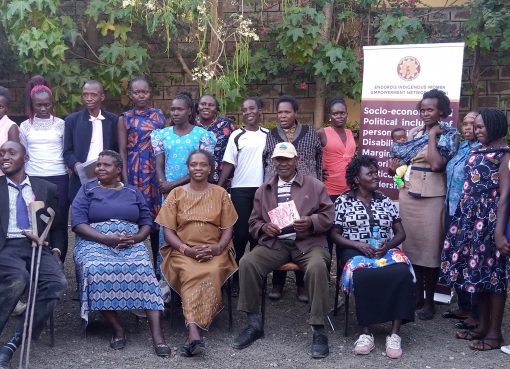A statistician is urging scientists to conduct research into the full impact of the mogoka (khat stimulant) variety as it gains more importance in the social and economic lives of the residents of Embu and neighbouring counties.
Mr. Dickson Makuba, the Embu County Statistics Officer, said besides bringing the county huge sums of money that could transform lives, the mogoka herb also had other impacts on health that needed to be scientifically determined so that reliable interventions can be planned.
Mr. Makuba said another sector that had a huge impact but was little studied was the boda boda business that continued to offer employment and a means of livelihood to many youth.
He said other impacts of the boda boda business that needed to be studied included its impact on crime reduction and road safety.
Makuba spoke during the African Statistics Day Celebrations held at an Embu Hotel.
The theme was “High quality official statistics to ensure transparency, good governance and inclusive development”.
Speaking at the same occasion, Embu West Deputy County Commissioner Ms Carolyne Imaya said it was important for Kenyans to be providing accurate information when approached by Kenya National Bureau of Statistics researchers.
She added that accurate information formed the basis for good planning and therefore successful development programs.
She assured wananchi of confidentiality saying respondents to KNBS studies should never fear that their information would leak.
Mr Makuba urged county governments to commission studies that will help them establish their own baseline data to ensure inclusive development in all their areas.
He said the averages given for counties in National surveys may not take into account the geographical and cultural diversity of a county therefore providing data that was not 100 per cent accurate.
He gave the example of Embu County whose climate ranged from cold and wet in the upper regions to hot and dry in the lower regions with different impacts on food security and malnutrition, economic well-being, school attendance and so on.
By Steve Gatheru



